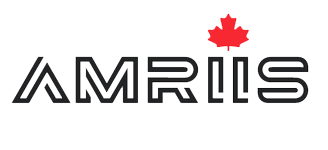Applications for a Labour Market Impact Assessment (LMIA) must be submitted in paper form by mail to the appropriate Service Canada processing center. Applications must include the following:
Processing Fees: A fee of CAD 1,000 is required for all LMIA applications, and this fee is non-refundable, even in the case of a negative result. Applications for live-in caregivers may sometimes qualify for a fee exemption.
Business Legitimacy Documents: It is necessary to provide documents proving that the employer is a legitimate Canadian business.
Transition Plan: Employers must submit a plan detailing how they intend to meet the need to hire foreign workers. The goal is for employers to prioritize hiring Canadian citizens and permanent residents over temporary foreign workers (TFW).
Recruitment Efforts: Employers must demonstrate that they have made significant efforts to recruit Canadian citizens and permanent residents before turning to the hiring of TFW.
Salaries: Applications must include information about the salary offered to TFW, in order to distinguish high-paying positions from low-paying ones and ensure that TFW receive compensation equivalent to that of their Canadian counterparts.
Workplace Safety: TFW must have the same health and safety standards as Canadians in similar positions. Employers must provide proof that TFW will be covered by insurance at least equivalent to provincial or territorial health coverage.
Low-wage Workers
LMIA applications for low-wage positions must also meet the following requirements:
Capping TFW: If the employer has already hired TFW, they must comply with specific requirements related to the number of TFW employed.
Transportation: Employers must ensure adequate transportation for low-wage workers to and from Canada, at the employer’s expense.
Housing: Low-wage workers must be provided with adequate housing for the duration of their employment in Canada.





